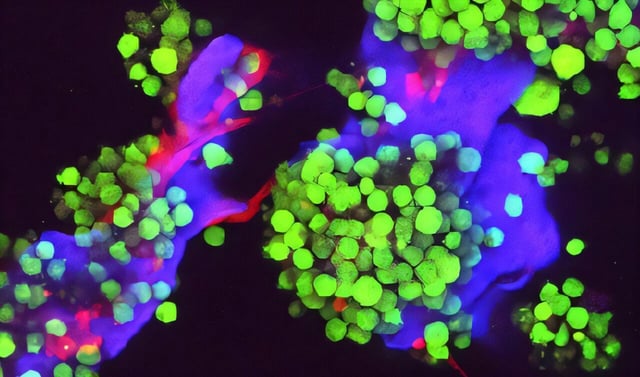Overview
- The MM-like score uses whole-genome sequencing to quantify mutation accumulation and predict progression from MGUS and smoldering multiple myeloma (SMM) to active disease.
- Validation studies confirm the score's ability to distinguish stable cases from those progressing to multiple myeloma, with longitudinal analysis showing escalating scores in progressing patients.
- The score challenges conventional binary risk models by integrating genetic data to capture the complexity of tumor evolution over time.
- Researchers are developing a liquid biopsy test to replace invasive bone marrow biopsies, enabling more frequent and accessible monitoring of disease risk.
- Findings suggest that key oncogenic mutations linked to multiple myeloma may emerge decades before diagnosis, reshaping understanding of the disease's early evolution.
